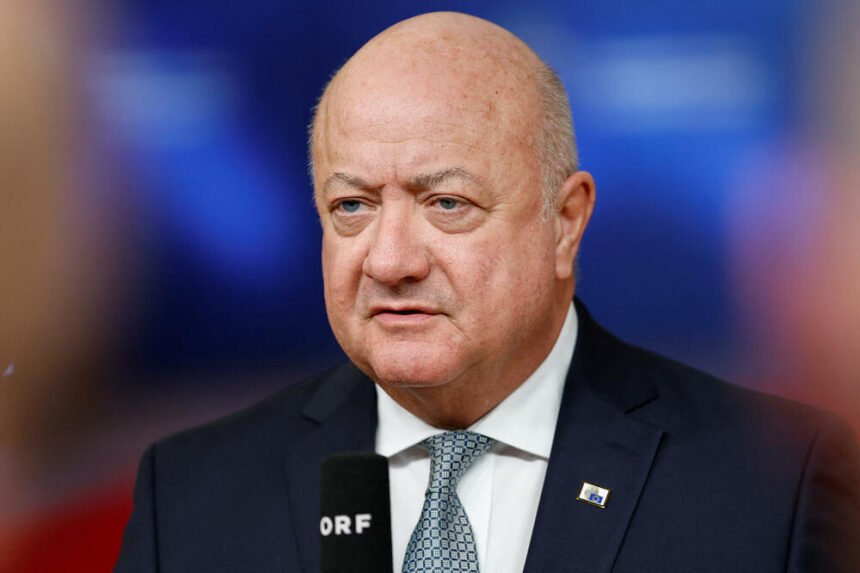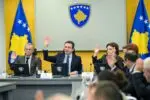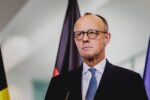Austrian Chancellor Christian Stocker stated that, from the European Union’s perspective, the dialogue between Kosovo and Serbia has no alternative if there is genuine willingness to find a solution.
“I truly believe there is readiness to reach a solution despite all the difficulties, but I must openly say that I cannot offer it myself,” Stocker said during his August 13 visit to Serbia.
He expressed his conviction that the solution must allow “people in this region to coexist in peace, no matter how difficult it may seem at the moment.”
According to Stocker, this issue must be resolved during Serbia’s EU accession process, and he welcomed any measures that would bring Kosovo and Serbia back to the negotiating table
Background on the Dialogue
The last round of EU-mediated Kosovo-Serbia talks took place on June 10, but the two countries have not held a high-level meeting since September 2023—just days before a group of armed Serbs attacked Kosovo Police in Banjska, near Zvečan, killing one officer. Three Serb attackers were killed during the exchange of fire.
Kosovo blames Serbia for the incident, while Belgrade denies involvement.
Vučić Praises Austria as an Important Partner
Serbian President Aleksandar Vučić called Austria a “very important country” for Serbia, highlighting Vienna’s support for Belgrade’s EU path.
“We discussed all important issues—from reforms in the field of the rule of law to the need for dialogue with Pristina as the only way to overcome tensions and the current crisis. At the same time, we stressed the need to maintain peace and stability across the region,” Vučić stated.
EU Integration, Stability, and Foreign Policy Alignment
During the joint press conference, Chancellor Stocker reaffirmed his support for EU membership prospects for all Western Balkan states and stressed the need to protect the region from destabilizing efforts.
He underlined that the Western Balkans is an integral part of the European family, and that core EU principles—human rights, freedom of expression, and democratic coexistence—must be upheld.
Stocker also emphasized that the EU accession path is not one-way, and that rule of law is a key benchmark for progress. He noted that Serbia aligns with about 60% of EU foreign policy, but avoids harmonizing with EU sanctions against Russia and China.
Vučić responded that Serbia has “done everything possible” to explain its position, reiterating that Belgrade has refused to impose sanctions on Russia due to the war in Ukraine, despite supporting several UN resolutions condemning the invasion.







